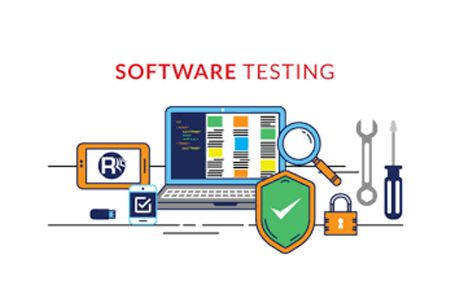THANK YOU FOR SUBSCRIBING
How Automation Framework Benefits Software Testing
Software testing has verified that application development is intended to work the way a developer wants to and validates if the application meets specifications.

By
Apac CIOOutlook | Monday, June 03, 2019
Stay ahead of the industry with exclusive feature stories on the top companies, expert insights and the latest news delivered straight to your inbox. Subscribe today.
FREMONT, CA: Software testing has verified that application development is intended to work the way a developer wants to and validates if the application meets specifications. The product and the client's data can be at risk if software testing, is taken lightly. The most cost-effective strategy is to recognizing and fixing the problem. After the application, has been deployed, finding issues in the development process can lead to expensive fixes and lost customers. The new answer is automated software testing, for the customers and the growing market demand.
There are common types of test automation frameworks. Module-based testing, in which the application should be divided into separate modules, and a test script should be made for each. The modules should be separated by an abstraction layer so that changes don't impact the module. Library architecture testing framework builds on the concept of module-based testing. Rather than creating test scripts, it divides the applications into functions. A data-driven testing framework keeps data and test script separate. This framework allows the test of functionality repeatedly with different sets of data. Keyword-driven testing builds on the data-driven testing concept and organizes data by specific code or keyword. While hybrid-testing uses a combination of other types of testing, it helps in building a framework that provides excellent benefits and efficiency. The behavior-driven testing framework uses a format that team members without programming language expertise can understand.
Using test automation frameworks for software testing gives ISVs, a variety of advantages which includes higher efficiency, consistency, less manual, and comprehensive reporting and the list continues. The framework takes expertise to plan testing, the order of tests, and the tools or methods to use. Automation offers remarkable time efficiency values and quality applications.





